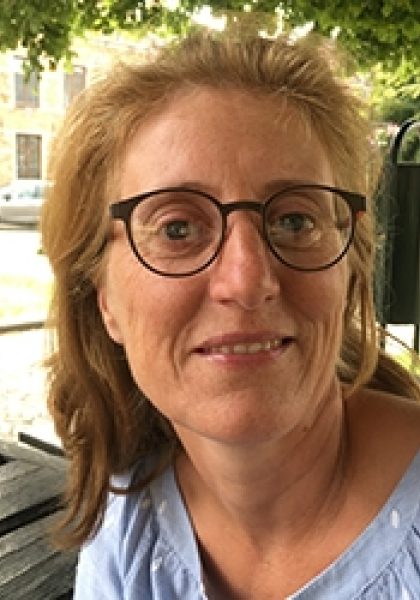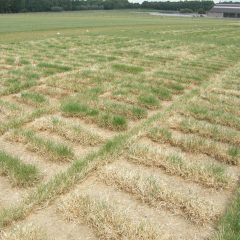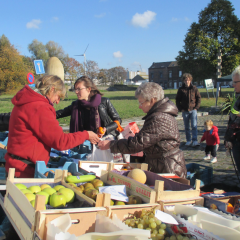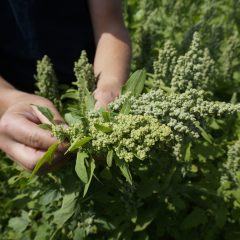Research project Chickpea: Protein grown in Flanders
General introduction
In the KIK-Love project, an operational group of farmers and processors started working with locally grown and processed chickpeas. When the project began in 2022, chickpea was hardly cultivated in Flanders. KIK-Love started with an exploratory project together with two pioneer farmers and with several links in the processing chain. The farmers and the crop researchers involved evaluated the cultivation technique for the first time. The food sector was surveyed on their willingness to process locally grown chickpea.
Research approach
On the cultivation side, the two pioneer farmers, one mainstream and one organic, put a lot of energy into demonstration and knowledge sharing. The ongoing chickpea initiatives were connected and communication continued about successes and possible challenges and problems. Meetings, visits, practical advice based on farmers' experience and study, quality analyses, and cost-benefit analyses were all part of the project. Through a grower network, interested farmers (or early adopters) got help to get started. The researchers simultaneously established useful contacts and information lines to the processing industry, and looked at the conditions under which possible further expansion and collective chain development would be possible.
Relevance/Valorization
In the protein transition, food companies are looking for sources of plant protein. Several crops offer themselves as protein crops. KIK-Love has succeeded in sowing the seeds for new local partnerships that result in the local, cost-effective production of plant protein through chickpea.
Financing
Europees Landbouwfonds voor Plattelandsontwikkeling










